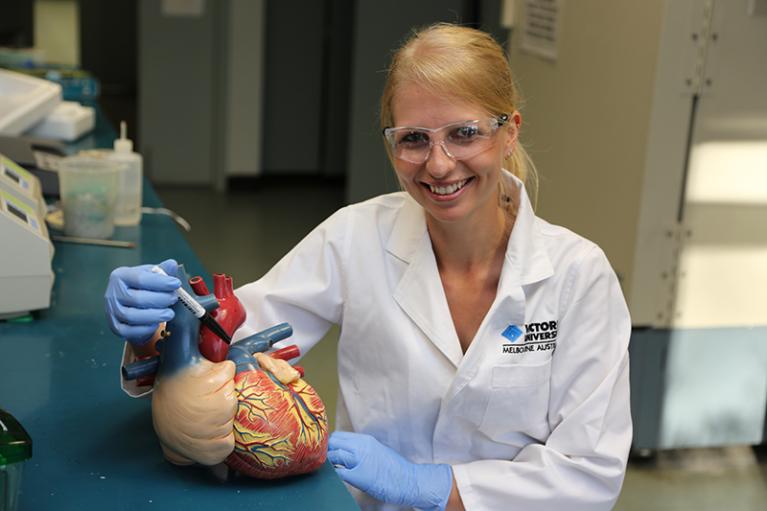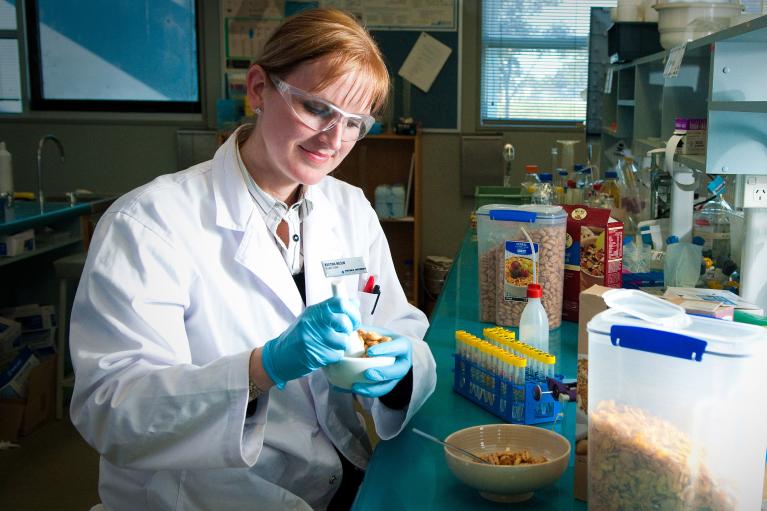Disease/dysfunction areas : Muscular dystrophy, cancer and cachexia, Type-2 diabetes, insulin resistance, obesity, sarcopenia, sarcopenic obesity, osteosarcopenia, night shift work, ageing
In 2010, the global burden of disease study demonstrated that musculoskeletal disorders are the second-most-common cause of disability worldwide, with estimates of a 45% increase in the last 25 years. This burden is expected to continue to rise with an increasingly sedentary, obese and older population.
These figures do not include death and disability occurring due to muscle wasting conditions. Muscle wasting, be it from muscle diseases such as muscular dystrophy, secondary to almost all chronic diseases, or simply ageing (sarcopenia is the loss of muscle size and strength as we age), is a strong predictor of death and disability. As such, strategies must be explored to maintain and build muscle mass and strength.
Our group has particular focus on muscular dystrophy, chemotherapy-induced wasting, osteosarcopenia and sarcopenic obesity. The aims of this group are to investigate increases in muscle mass and improve muscle function through:
- exercise training
- lifestyle modification
- nutrition manipulation
- pharmaceutical interventions.
We further aim to:
- understand the molecular regulation of skeletal muscle wasting and growth
- manipulate the basic balance of protein synthesis and degradation in skeletal muscles to understand how muscles respond to the interventions used to maximise im pact and minimise side-effects
- determine nitric oxide function and regulation of sodium/potassium ions in response to exercise training
- determine the role of exercise early in life to prevent obesity and development of diabetes.
Results can be applied to multiple chronic/metabolic disease conditions and also lends itself to analysis of current data, development of diagnostic tools and subsequent population health impacts.
Read about The bitter effect of sugar: Bone-muscle interaction in patients with Type 2 diabetes & the effect of exercise.






